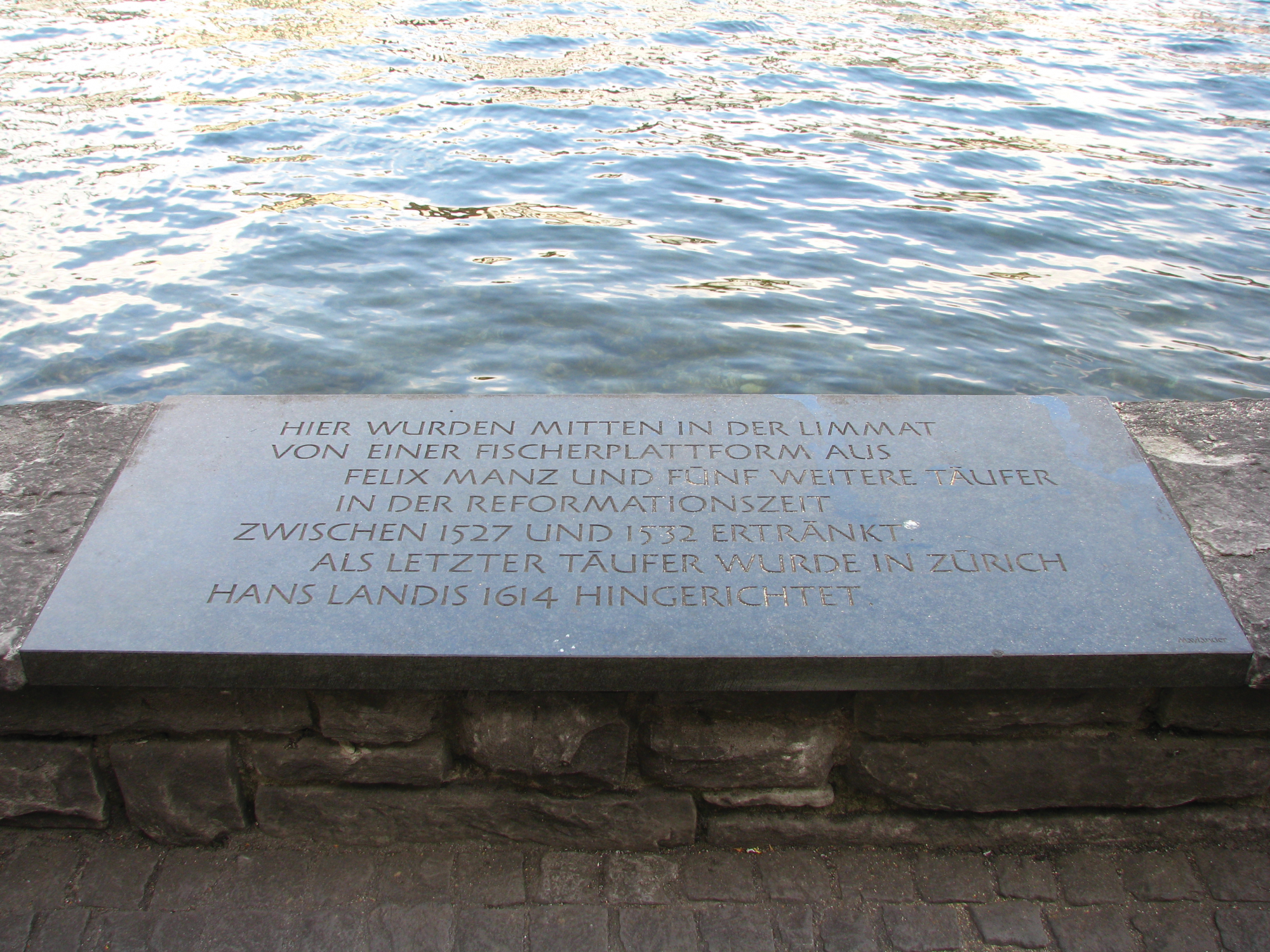Many written testimonies of the early Anabaptist movement point toward the work of the Holy Spirit as the central driving force. The Holy Spirit goes to people who are awaiting. It was the case in Pentecost (Acts 2) while the disciples were praying; it was the case in Reformation times; and it is the case today.
The Holy Spirit from the time of the apostles to Luther
Anabaptists and Protestants in general have to be careful in remembering that the Christian church did not start with them. There had been 1 500 previous years with many manifestations and fruits of the Holy Spirit. Let us remember the early Christian martyrs, who by the strength of the Spirit were willing to give their lives and be faithful through torture unto death. There are the many mystics who in monasteries, deserts, caves and often in important church leadership positions sought to be filled with the Holy Spirit and acted by the Spirit’s power and wisdom. And then there are the missionaries who brought the gospel to Europe, Russia, India and North Africa, evidencing that God’s Spirit is a sending one, eager to cross all cultural barriers.
The Holy Spirit in Reformation times
Luther, Zwingli, and Calvin all pointed toward God’s Spirit when they rediscovered and redefined the biblical gospel of grace. Not only a deep experience of spiritual peace and comfort, but also a very strong sense of “freedom from religion” and “freedom from social oppression” came with it. Thomas Müntzer, although tragically misled at the end, applied the work of the Holy Spirit to the questions of social justice and the rights of the poor and marginalized. Melchior Hoffman related with a very special spiritual sensitivity the outpouring of the Spirit to the coming New Jerusalem.
 The Holy Spirit and the Anabaptist dissent in Zurich 1525
The Holy Spirit and the Anabaptist dissent in Zurich 1525
The group of young scholars around Zwingli related in a very early stage the authority of Scripture to a church practice under the guidance and leadership of the Spirit. In the October debates of 1523, they challenged Zwingli to subordinate the decision of the city council to the authority of the Spirit. Conrad Grebel put it this way: “The Spirit of God has made a decision already.”
In the night of 21 January 1525, “15 brethren were gathered in prayer in the house of Felix Manz after the mandate of the Zurich council forbade the future propagation of their faith. We are told that they rose from prayer and, moved by the Spirit, George Blaurock asked Conrad Grebel to baptize him on the confession of his faith…”
Very soon the Anabaptists again got caught in a different problem: Does Swiss nationalism or European security stand above God’s mandate toward nonviolence and love of enemies? The Anabaptist believers in Switzerland exhorted Thomas Müntzer and those joining the Peasants’ Revolt not to take the sword, but to trust in the intervention of God’s Spirit.
And when Michael Sattler wrote the Schleitheim Confession, the congregation made it clear that Christians renounce the physical sword by taking the “sword of the Spirit.” At his death trial, Michael stated that he preferred to be killed by a Muslim to being part of a “Christian army” that kills them.
So, the peace witness and the power of the Spirit are very closely linked in the Anabaptist tradition.
The Holy Spirit in our day
When Mennonites and Pentecostals met in Pasadena 2006 to celebrate 100 years of the Azusa Street Revival, they realized that renewal movement and the Anabaptist one have a considerable number of things in common, including missions, nonviolence, the doctrine of the new spiritual birth and Spirit baptism.
Conclusion
In my opinion the Anabaptist movement recovered three crucial dimensions on the theology and practice of the Holy Spirit:
- The Spirit leads to truth and a new life in Christ.
- The Spirit gives strength in weakness and persecution.
- The Spirit breaks down barriers (cultural, social, national) and moves toward mission.
Paul sums up this experience in 2 Timothy 1:7–8: “For God has not given us a spirit of fearfulness, but of power, and of love, and of discipline. Be not ashamed, therefore, of the testimony of our Lord.”
—Alfred Neufeld was chair of the Faith and Life Commission (2009–2018). He recently served as rector of Universidad Evangélica del Paraguay in Asuncion, Paraguay. He is a member of Vereinigung der Mennoniten Brüdergemeinden Paraguays (Mennonite Brethren).
He spoke at Renewal 2027 – The Holy Spirit Transforming Us – in Kisumu, Kenya, 21 April 2018. This paper been adapted from his presentation.
This article first appeared in Courier/Correo/Courrier October 2018.